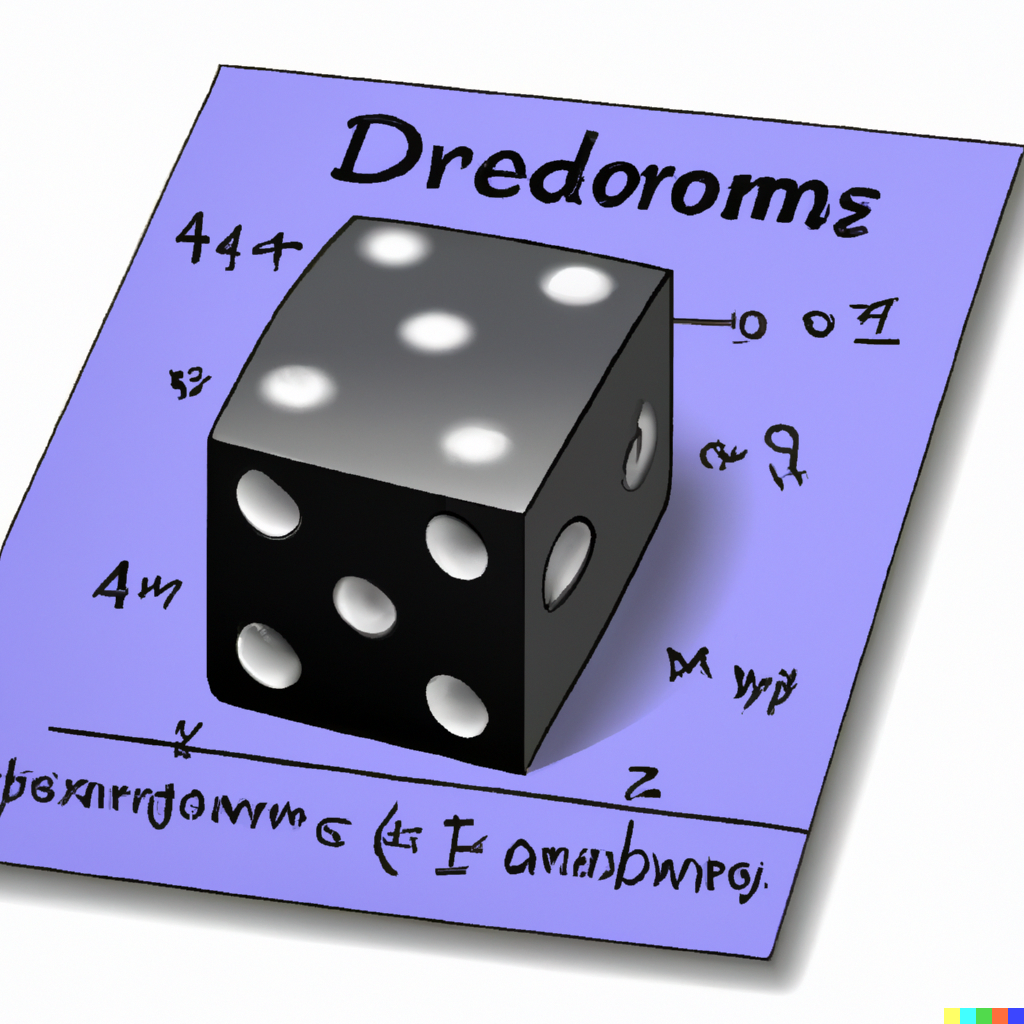Stupid BUT: making the font in LibreOffice bigger saves space. so having 11 is readible but by changing the font size to like 500 it can save some mb per page
I dont know how it works, i just noticed it at some pointEdit: i think it was kb, not mb
Have a macro that decreases all font size on opening and then increases all again before closing.
Follow me irl for more compression techniques.
You could always diff the XML before and after to see what’s causing it.
per page
I mean, yes. obviously.
If you had 1000 bytes of text on 1 page before, you now have 1byte per page on 1000 pages afterwards
Awesome idea. In base 64 to deal with all the funky characters.
It will be really nice to browse this filesystem…
Or use yEnc: https://en.m.wikipedia.org/wiki/YEnc
The design is very human
It’s all fun and games until your computer turns into a black hole because there is too much information in too little of a volume.
Even better! According to no hiding theorem, you can’t destroy information. With black holes you maybe possibly could be able to recover the data as it leaks through the Hawking radiation.
Perfect for long term storageCan’t wait to hear news about a major site leaking user passwords through hawking radiation.
i love this comment
Really-long term storage :)
Longer than your lifespan, too.
Longer than the life span of the most long-lived star. By orders of magnitude.
Good luck with your 256 characters.
When you run out of characters, you simply create another 0 byte file to encode the rest.
Check mate, storage manufacturers.
File name file system! Looks like we broke the universe! Wait, why is my MFT so large?!
255, generally, because null termination. ZFS does 1023, the argument not being “people should have long filenames” but “unicode exists”, ReiserFS 4032, Reiser4 3976. Not that anyone uses Reiser, any more. Also Linux’ PATH_MAX of 4096 still applies. Though that’s in the end just a POSIX define, I’m not sure whether that limit is actually enforced by open(2)… man page speaks of ENAMETOOLONG but doesn’t give a maximum.
It’s not like filesystems couldn’t support it it’s that FS people consider it pointless. ZFS does, in principle, support gigantic file metadata but using it would break use cases like having a separate vdev for your volume’s metadata. What’s the point of having (effectively) separate index drives when your data drives are empty.
…Just asking, just asking: Why is the default
FILENAME_MAXon Linux/glibc4096?Because PATH_MAX is? Also because it’s a 4k page.
FILENAME_MAX is not safe to use for buffer allocations btw it could be INT_MAX.
Thanks! Got an answer and not 200 downvotes. This is why I love Lemm-Lemm.
If you have a tub full of water and a take a sip, you still have a tub full of water. Therefore only drink in small sips and you will have infinite water.
Water shortage is a scam.
If you have a water bottle and only drink half of it each time, you will also have infinite 💦
There is a water shortage?
Out of context, but this video showing the amount of freshwater on the planet in perspective was eye opening for me… I see water availability different since.
Don’t worry, global warming is desalinating the water so it will all be fresh in time 🙏
Exactly!
Name all your files
*.deleted by creator
Ah memories. That was an interesting lesson.
You want real infinite storage space? Here you go: https://github.com/philipl/pifs
“π holds every file that could possibly exist!”
IIRC, this has not been proved actually.
that’s awesome! I’m just migrating all my data to πfs. finally mathematics is put to a proper use!
It’s like that chip tune webpage where the entire track is encoded in the url.
Link?
https://beepbox.co/ for example
Are you trying to get rickrolled?
Reminds me of a project i stumbled upon the other day using various services like Google drive, Dropbox, cloudflare, discord for simultaneous remote storage. The goal was to use whatever service that has data to upload to, to store content there as a Filesystem.
I only remember discord being one of the weird ones where they would use base512 (or higher, I couldn’t find the library) to encode the data. The thing with discord, is that you’re limited by characters, and so the best way to store data in a compact way is to take advantage of whatever characters that are supported
What about a hard drive made of network pings?
I remember a project where someone booted Linux off of Google Drive. Cursed on many levels.
GmailFS was a thing
Store the data in pings that constantly get resent to keep the data in the internet
I was looking for this comment. I knew someone from Lemmy would have seen that
I don’t know if it was this one but it might’ve been this one https://github.com/qntm/base65536
Yep, that looks like it!
Let me guess, over 30 years old.
deleted by creator
I had a manager once tell me during a casual conversation with complete sincerity that one day with advancements in compression algorithms we could get any file down to a single bit. I really didn’t know what to say to that level of absurdity. I just nodded.
Maybe they also believe themselves to be father of computing
That’s precisely when you bet on it.
Well he’s not wrong. The decompression would be a problem though.
Send him your work: 1 (or 0 ofc)
Just make a file system that maps each file name to 2 files. The 0 file and the 1 file.
Now with just a filename and 1 bit, you can have any file! The file is just 1 bit. It’s the filesystems that needs more than that.
You can give me any file, and I can create a compression algorithm that reduces it to 1 bit. (*)
spoiler
(*) No guarantees about the size of the decompression algorithm or its efficacy on other files
Here’s a simple command to turn any file into a single b!
echo a > $file_name
It’s an interesting question, though. How far CAN you compress? At some point you’ve extracted every information contained and increased the density to a maximum amount - but what is that density?
I think by the time we reach some future extreme of data density, it will be in a method of storage beyond our current understanding. It will be measured in coordinates or atoms or fractions of a dimension that we nullify.
This is a really good question!
I believe the general answer is, until the compressed file is indistinguishable from randomness. At that point there is no more redundant information left to compress. Like you said, the ‘information content’ of a message can be measured.
(Note that there are ways to get a file to look like randomness that don’t compress it)
u can have everthing in a single bit, if the decompressor includes the whole universe
Broke: file names have a max character length.
Woke: split b64-encoded data into numbered parts and add .part-1…n suffix to each file name.
I’d go with a prefix, so it’s ls-friendly.
each file is minimum 4kb
(base64.length/max_character) * min_filesize < actual_file_size
For this to pay off
Just use folders instead 😏
each file is minimum 4kb
$ touch empty_file $ ls -l total 8 -rw-rw-r-- 1 user group 0 may 14 20:13 empty_file $ wc -c empty_file 0 empty_fileHuh?
Oh, I’m thinking folders aren’t I. Doy…
It seems those are 4 KiB on Linux, interesting to know.
Browse your own machine as if it’s under alt.film.binaries but more so

















